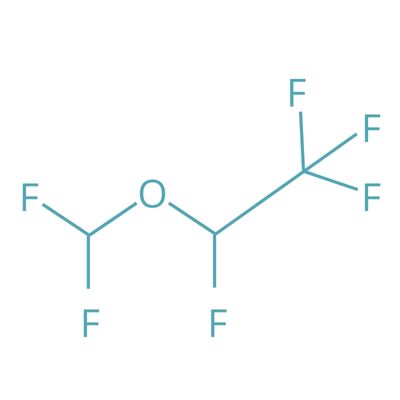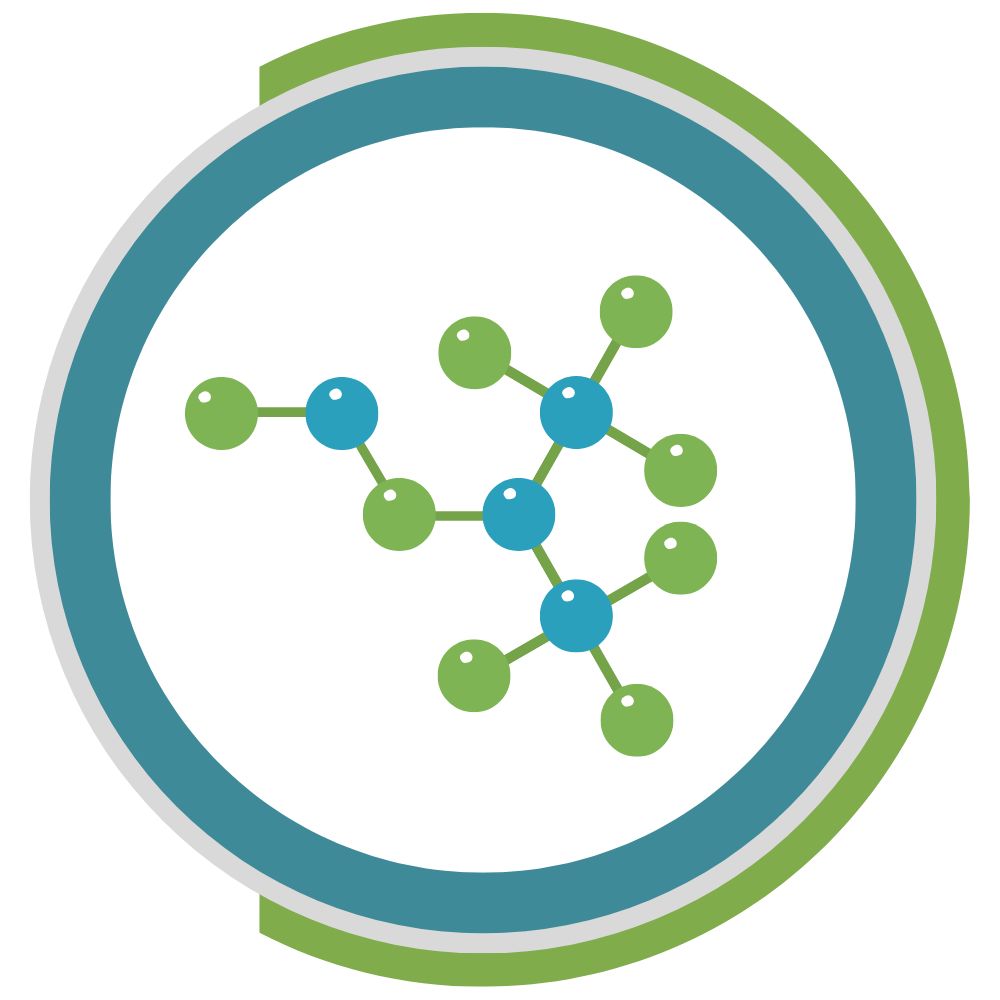Sustainable Anaesthetics
In February 2019, Dr. Cathy Lawson became the first to take up an annual Fellowship in Environmentally Sustainable Anaesthesia, which has been created through collaboration between the Association of Anaesthetists, CSH and Newcastle upon Tyne Hospitals NHS Foundation Trust (NUTH).
Learn about all our anaesthesia fellows and their pioneering work here
Anaesthetics is a particularly important area for improving the sustainability of healthcare because of the impact of anaesthetic gases on climate change. As a speciality, Anaesthesia contributes up to 2% of the NHS carbon footprint or 5% of an acute hospital’s carbon footprint. The predominant source of this footprint is from anaesthetic gases, used during traditional general anaesthesia. The most harmful of these include Nitrous Oxide and Desflurane.
The Nitrous Oxide Project
 The Nitrous Oxide Project was started by Alifia Chakera, with support from CSH Fellows Chris Allen and Amarantha Fennell-Wells and The Association of Anaesthetists Environmental Champions. Investigation by Alifia Chakera at NHS Lothian highlighted that a significant portion of nitrous oxide emissions are due to waste from manifolds and the associated piped infrastructure. The Nitrous Oxide Project is a way to centralise this work, promoting a lean methodology to identify system waste and improve medical gas management at acute sites.
The Nitrous Oxide Project was started by Alifia Chakera, with support from CSH Fellows Chris Allen and Amarantha Fennell-Wells and The Association of Anaesthetists Environmental Champions. Investigation by Alifia Chakera at NHS Lothian highlighted that a significant portion of nitrous oxide emissions are due to waste from manifolds and the associated piped infrastructure. The Nitrous Oxide Project is a way to centralise this work, promoting a lean methodology to identify system waste and improve medical gas management at acute sites.
 The Desflurane Reduction Project
The Desflurane Reduction Project
The Desflurane Reduction Project, led by Jason Gandhi explores the clinical, environmental, social and financial impacts of Desflurane use, what alternatives exist, and steps to reduce the use of it in hospitals.
The Anaesthetic Gas Scavenging System (AGSS) Project
The 'AGSS Project' is a tool that is ready for you, as a member of the theatre team, to use. It will help you to implement a strategy to reduce the operating hours of these devices, ensuring they are on when they need to be and helping to maintain the safety of staff members.
Sustainable Anaesthetics
Additionally, anaesthetists already have a range of clinically effective ways to transform anaesthetic practice, including:
- intravenous anaesthesia as an alternative to inhalation agents
- greater use of regional or local nerve blocks, which allow patients to be operated on while awake
- discontinuing routine use of nitrous oxide alongside other gases (many anaesthetists have already done this)
- preferential use of sevoflurane over other gases, especially desflurane (which is especially damaging)
Sustainable Anaesthetics Course
 This foundation course offers an overview of the relationship between human health and the climate and ecological crises, with a focus on anaesthetics and the operating department. It demonstrates how the health system is vulnerable to, but also contributes to, climate change and ecological degradation, examines the specific contribution of anaesthetics to carbon emissions and other environmental impacts and explores how to develop a more sustainable approach to the practice of anaesthetics and the operating department, whilst maintaining or improving quality of care.
This foundation course offers an overview of the relationship between human health and the climate and ecological crises, with a focus on anaesthetics and the operating department. It demonstrates how the health system is vulnerable to, but also contributes to, climate change and ecological degradation, examines the specific contribution of anaesthetics to carbon emissions and other environmental impacts and explores how to develop a more sustainable approach to the practice of anaesthetics and the operating department, whilst maintaining or improving quality of care.
Surgical Care Sustainability Network
Hosted by CSH, the Sustainable Operating Theatres Network is for anyone who is interested in improving the environmental sustainability of surgery, anaesthesia and operating theatres.
Relevant resources
- Environmental Sustainability in Orthopaedic Surgery - While literature has arisen from other surgical specialities, some environmental sustainability studies have begun emerging in the area of orthopaedic surgery. The article reviews the limited evidence available.
- Carbon Footprint of General, Regional, and Combined Anesthesia for Total Knee Replacements - The authors of this article investigated the carbon dioxide equivalent emissions associated with general anesthesia, spinal anesthesia, and combined during total knee replacement.
- The carbon footprint of general anaesthetics: A case study in the UK - In this article, the synthesis of regularly used IAGs - sevoflurane, isoflurane, and desflurane - was compared to that of intravenous propofol and calculated the carbon footprint created throughout their lifecycle, from raw material manufacture through to IAGs vented from operating rooms.

